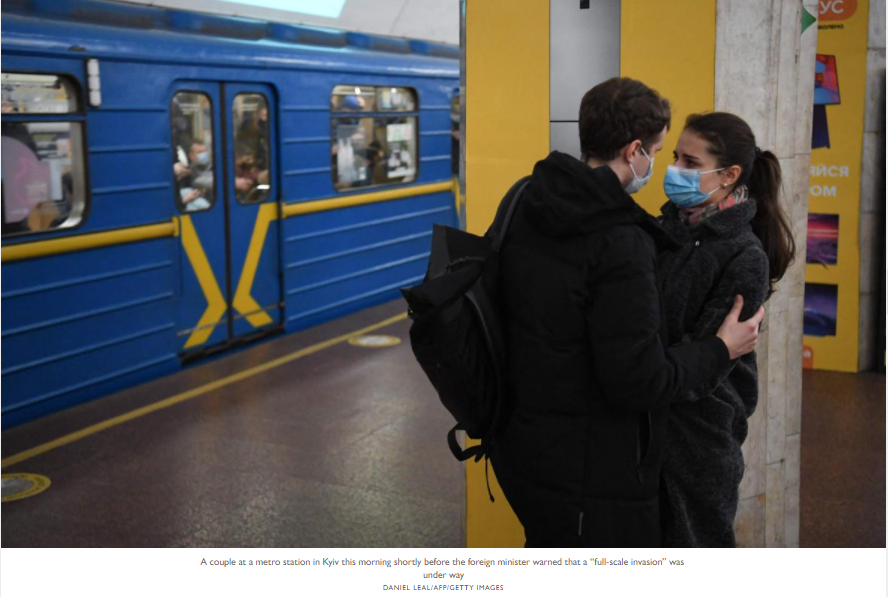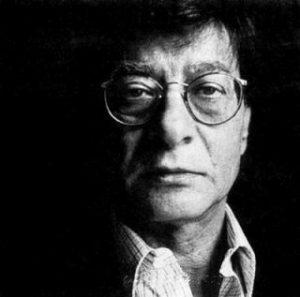
'The war will end...but I saw who paid the price'; Darwish's poem goes viral

At a time, when the world is closely watching the horrific images of war that is unfolding in Ukraine, a poem written by the famous Palestinian poet Mahmoud Darwish is being widely shared on social media. The 10-line poem talks about the futility of war and questions who pays the price of the war in the end.
These are the evocative lines of the poem titled The War Will End
The war will end.
The leaders will shake hands.
The old woman will keep waiting for her martyred son.
That girl will wait for her beloved husband.
And those children will wait for their hero father.
I don’t know who sold our homeland
But I saw who paid the price.
#War pic.twitter.com/rYIU0sHWK0
— Shashi Tharoor (@ShashiTharoor) February 25, 2022
Born on March 13, 1941 at al-Birwa, a Palestinian Arab village, Mahmoud Darwish was one of the most influential poets in his time. When he was seven years old, his family moved to Lebanon after the 1948 Arab Israeli war. His village was occupied and later razed by the Israeli army A year later, his family returned to Israel and started living in a city named Haifa in northern Israel. A poet who embraced the ‘free verse’ style of poetry writing, Darwish published his first poetry collection Wingless Birds at the age of 19.

His homeland, war and women, are three major themes which keeps recurring in Darwish’s poems. One of his poems Write Down: I am an Arab has made him popular not only in the Arab countries but across the world. Considered as “resistance poet,” he was placed under house arrest when his poem “Identity Card” was turned into a protest song. He wrote that poem when he was just 24.
Due to his association with the Palestine Liberation Organisation, which began in 1973, he was pushed to live in exile and he shunted between Beirut and Paris for 26 years. Only in 1996, he was allowed to settle in Ramallah, a major city in the West Bank. In his lifetime, he published eight books of prose and 30 poetry collections. He also founded and edited Al-Karmel, a literary magazine in 1981. He died in 2008 in Houston, Texas following a heart surgery.
On February 24, when Russia announced a ‘special military operation’, social media was flooded with two poems of Darwish – The war will end and When are we going to meet?. While the first poem was tweeted by many including Congress leader Shashi Tharoor, the second poem was tweeted by the Bengali actress Swastika Mukherjee.
It is claimed that the actress may have shared the poem after a photo of a young woman and man, clicked by an AFP photographer at Kyiv metro station, Ukraine, went viral on social media.
She says: When are we going to meet?
I say: After a year and war
She says: When does the war end?
I say: When we meet
It is interesting to note that during his time at Haifa, Darwish fell in love with Tamar Ben-Ami, a Jewish woman. Darwish has written many letters to her in Hebrew and their relationship was a secret for a long time. Darwish refers to her in one of his poems as Rita and the poem Rita and the Rifle was dedicated to her. Years later, the relationship between the two became the subject of the documentary, Write Down, I am An Arab by Ibtisam Mara’ana Menuhin, an Arab filmmaker.


